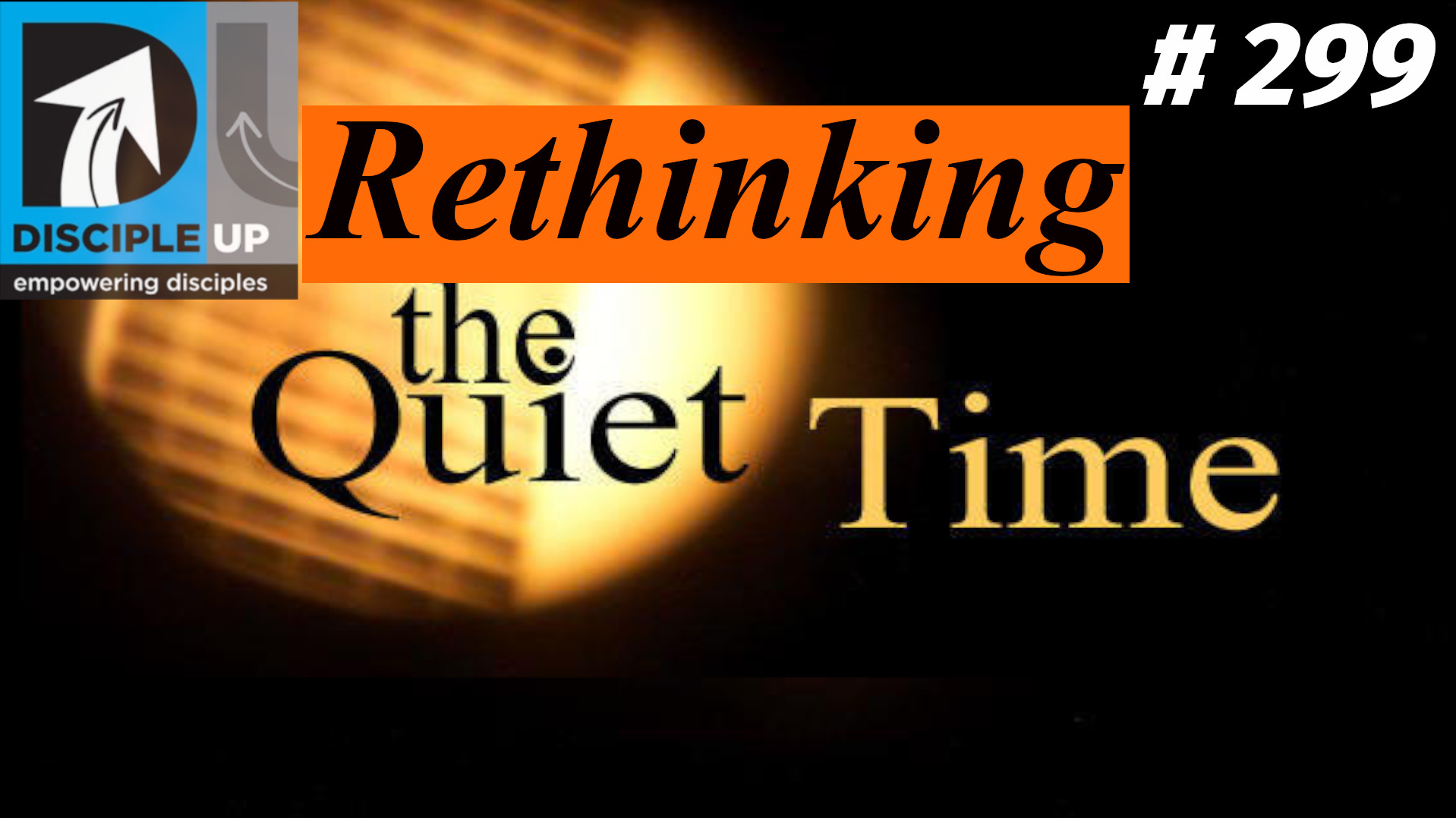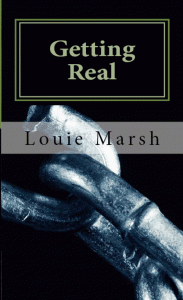Disciple Up # 299
Rethinking the Quiet Time
By Louie Marsh, 3-22-2023
Intro. Sorry for mix up and briefly posting Sunday’s sermon on this feed! State of the podcast, what about next week? We’re hitting number 300! That’s quite a run. What would you like to hear on that one?
https://www.christianitytoday.com/ct/2023/april/quit-quiet-time-devotions-bible-literacy-reading-scripture.html
Is It Time to Quit ‘Quiet Time’?
Effective biblical engagement must be about more than one’s personal experience with Scripture.
DRU JOHNSON AND CELINA DURGIN
MARCH 13, 2023
I began to realize that their poor grasp of Scripture wasn’t necessarily due to a lack of reading, although that’s also a large problem in the US. From 2021 to 2022, Bible engagement—scored on frequency of use, spiritual impact, and moral importance in day-to-day life—fell 21 percent among American adult Bible users. It was the American Bible Society’s largest recorded one-year drop in its annual State of the Bible study. And almost 1 in 5 churchgoers said they never read the Bible.
But for my students, many of whom read the Bible daily and have chosen to attend a Christian college, their poor grasp on and application of Scripture seems to be due to the way they engage with it. It is a way many American Christians have been reading the Bible for decades: through “daily devotions” or “quiet time.”
The way daily quiet time is typically practiced today is unlikely to yield the fluency required to understand and apply biblical teaching. Only when devotional time is situated within a matrix of Scripture study habits can it regain its power to transform our thinking and our communities.
How could my students be reading the Bible so much yet have so little understanding of the Torah, pay almost no attention to its focus on the new heavens and new earth, and be confused over concepts like salvation and evil? CT previously discussed the Lifeway Research statistics that reveal this trend of Bible illiteracy among the wider population. Their daily devotion to Scripture seemed to distance them from understanding key parts of it.
My students were not Bible literate. They didn’t really know the stories, characters, ideas, and themes in the Bible, much less how the literature itself fits together and argues for a particular view of the world. And as Christians, we must aim beyond basic literacy. We hope to know and practice the thinking and instruction of Scripture fluently, extending its wisdom into all the areas of life that it doesn’t directly address.
Johnson traces the modern practice of quiet time to the 1870s, when American evangelicals merged two previously separate Puritan devotional practices: private prayer and private Bible study. This fusion of prayer and Bible study morphed into “morning watch,” which emphasized intercessory prayer. From there it became “quiet time,” which deemphasized intercessory prayer in favor of quiet listening or meditation. This new emphasis on individuals receiving daily insights from God transformed the nature of the Bible engagement taught to generations of American Christians.
Daily devotions have been characteristically solitary and have not usually involved rigorous study of Scripture. Instead, readers often focus on one chapter or even a few verses per session, from which they may expect to receive God’s guidance for their personal life in that moment. Daily devotions typically include a period of prayerful “listening” for God’s voice, which is believed to manifest either in the verses read that session or via direct communication to the mind of the listener.
Though this listening may be expectant, it is essentially passive. It’s often guided by a tacit belief that God’s Word speaks and transforms through sudden insights directed at individual readers, rather than through sustained study and active questioning in community.
In contrast to sermons and group Bible study, daily devotions became exercises in inward, individual formation, sharing tendencies with the secular modernism of the era. Quiet-time advocates began identifying the main benefit of daily devotions as “a transformed self rather than a transformed world,” Johnson writes in his dissertation.
While personal character formation is essential, in isolation it aligns better with modernist tendencies than with the biblical focus on character formation through habits, rituals, and guidance from the community. This inward focus can also cast the formation of justice in communities and systems—a primary concern of the biblical authors—as adhering to individualistic ethical principles.
Today, daily quiet time often doesn’t involve Scripture at all. As CT has noted elsewhere, 2023 Lifeway Research revealed that although 65 percent of Protestant churchgoers spend time alone with God daily, only 39 percent read the Bible during that time. If this statistic means that Christians are trading hurried and fragmented devotional reading for holistic group Bible study, then perhaps so much the better. But the drop in overall Bible engagement in the ABS study suggests that more Christians simply aren’t reading it.
The danger is clear: Listening for God’s insights from Scripture and in prayer without communal accountability can produce a tenuous understanding of Christianity.
If Bible literacy is declining, even for those who read devotionally every day, then what is the way forward? Most of the parachurch ministries we talked to reported that they have been considering methods that provide a wider perspective of Scripture. These include ancient Scripture reading rituals that many evangelical churches have rarely practiced (such as lectio divina, the Daily Office from The Book of Common Prayer, and so on). But the practice most mentioned by ministry leaders was the public, or communal, reading of Scripture.
In some ways, this form of Bible engagement is the opposite of quiet time. Rather than reading, communities listen to long stretches of Scripture together—sometimes 30 minutes to an hour long—either using audio Bibles or having people read aloud. Bible professors have long noted that the natural habitat of Scripture is in the ears of gathered Christians, not the eyes of individuals. The effects of long-form Scripture engagement on Bible literacy are all anecdotal at this point.
From Moses to Josiah to Nehemiah, communal Bible reading was normal at key points of Israel’s history. Public reading of Scripture occurs at Sinai (Ex. 19:7), during Josiah’s reforms (2 Kings 23:1–2), and for all the returnees to Judah in Ezra’s day (Neh. 8), among other instances. And the synagogue practice of reading the Torah and Prophets every Sabbath (Luke 4:16–17; Acts 13:14–15) emerged around the third century prior to Jesus.
Please Get In Touch!
Email – louie@discipleup.org

Check out the Disciple Up Facebook page:
My books –









